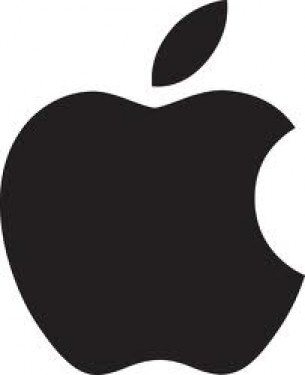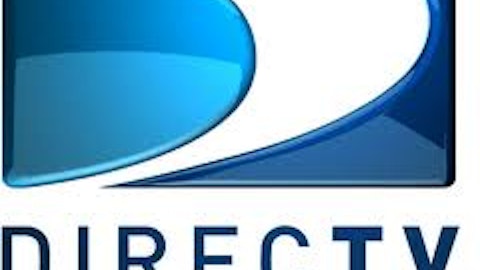These days, Apple Inc. (NASDAQ:AAPL) constantly looms large in tech and finance headlines. Whether it’s Apple Inc. (NASDAQ:AAPL)’s upcoming iRadio, its polarizing release of iOS 7, or rumored smart watch and smart television products, journalists and analysts are obsessed with the company that houses the legacy of the late Steve Jobs.
While a lot attention has been given to its iPhones and iPads, which together comprise more than three-fourths of Apple Inc. (NASDAQ:AAPL)’s revenue, fewer investors have focused on one of Apple’s fastest growing businesses: e-books. Over the past five years, Apple has quietly grown its share of the e-book market from nothing to 100 million users, emerging as a third place competitor to market leaders Amazon.com, Inc. (NASDAQ:AMZN) and Barnes & Noble, Inc. (NYSE:BKS).
How Apple became a contender
Apple Inc. (NASDAQ:AAPL)’s iBookstore currently controls 20% of the e-book market, according to Apple executive Keith Moerer. Although Apple still trails Amazon.com, Inc. (NASDAQ:AMZN)’s 65% market share and Barnes & Noble, Inc. (NYSE:BKS)’s 25% (last reported in May 2011) share, Apple’s share is growing the fastest. The company’s iBookstore reported 100% user growth last year, a continuation of two years of positive growth. Many analysts believe that Apple is growing its market share at the expense Barnes & Noble, which has recently mulled the idea of completely selling its Nook Media business.
Apple Inc. (NASDAQ:AAPL)’s success came from the opposite direction as Amazon.com, Inc. (NASDAQ:AMZN). While Apple used the popularity of its iPad – which currently controls 40% of the global tablet market – to facilitate the growth of its iBookstore, Amazon used the widespread use of its website for physical book purchases to grow sales of e-books for its Kindle e-readers. While both Apple and Amazon.com, Inc. (NASDAQ:AMZN) had respective advantages in hardware and content, respectively, Barnes & Noble, Inc. (NYSE:BKS) had neither. As a result, Barnes & Noble clumsily attempted to capture part of the tablet market with the Nook, which only grew digital revenues by 7% in 2012, compared to Amazon’s 70% year-on-year growth.
With great power comes great scrutiny
However, Apple’s feverish growth in the e-book market set it on an inevitable collision course with Amazon.com, Inc. (NASDAQ:AMZN). Apple is currently being investigated by the U.S. Justice Department over possible price collusion with five leading publishers – Penguin, Simon & Schuster, HarperCollins, Hachette and MacMillan – to fix e-book prices at a higher rate to hamper Amazon’s dominance of the e-books market, which peaked at 90% in 2009. Amazon was forced to bow to this agreement, known as the agency model, and raised e-book prices for books from these publishers in 2010.
In the agency model, publishers set the prices of books. Retailers can’t offer discounts on the book, but get a set commission off book sales. This is a stark contrast to the wholesale model that Amazon previously used, in which publishers sell books to retailers for a fixed price, and the retailer decides the final price. The wholesale model is generally more favorable to consumers, who can buy books at more frequent discounts.






